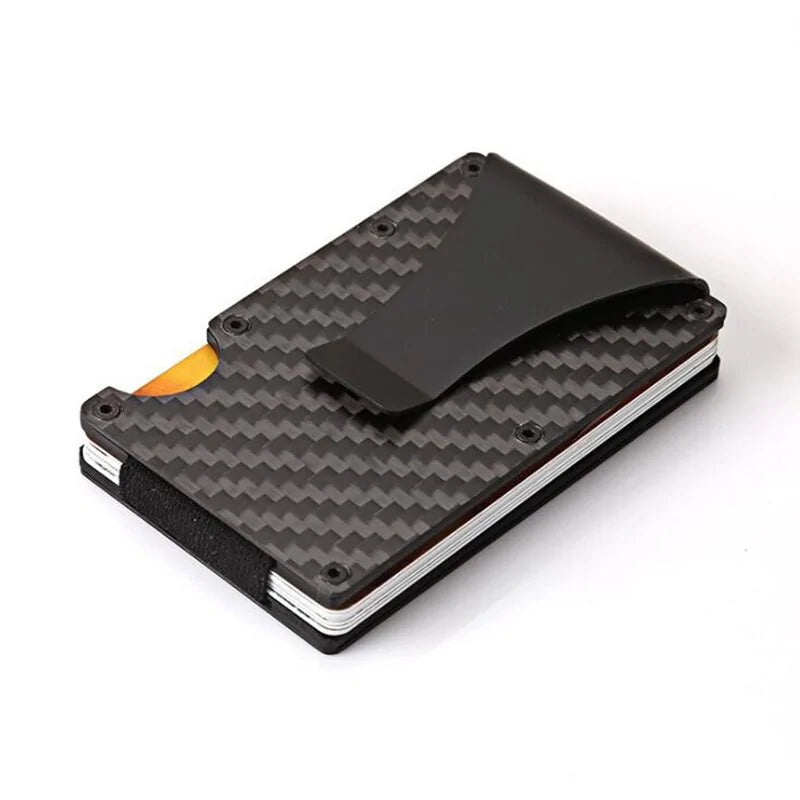
# Carbon Fiber Barrel: Lightweight and Durable Solution for High-Performance Applications
## Introduction to Carbon Fiber Barrels
Carbon fiber barrels have revolutionized various industries by offering an exceptional combination of lightweight properties and durability. These advanced components are increasingly becoming the preferred choice for high-performance applications where weight reduction and strength are critical factors.
## The Advantages of Carbon Fiber Barrels
### Exceptional Strength-to-Weight Ratio
One of the most significant benefits of carbon fiber barrels is their remarkable strength-to-weight ratio. Carbon fiber composites can be up to five times stronger than steel while weighing significantly less. This characteristic makes them ideal for applications where both strength and weight savings are crucial.
### Superior Durability
Carbon fiber barrels exhibit excellent resistance to:
– Corrosion
– Fatigue
– Extreme temperatures
– Chemical exposure
This durability ensures a longer service life compared to traditional metal barrels in demanding environments.
### Reduced Vibration and Improved Accuracy
The unique material properties of carbon fiber help dampen vibrations, which is particularly valuable in precision applications such as firearms and industrial machinery. This vibration reduction translates to improved accuracy and performance.
## Applications of Carbon Fiber Barrels
### Firearms Industry
In the firearms sector, carbon fiber barrels have gained popularity for:
– Reducing overall weapon weight
– Improving heat dissipation
– Maintaining accuracy over extended use
– Minimizing barrel whip
### Aerospace and Defense
The aerospace industry benefits from carbon fiber barrels in:
– Lightweight structural components
– Missile and rocket casings
– UAV (Unmanned Aerial Vehicle) parts
– Satellite components
### Industrial and Automotive Uses
Carbon fiber barrels find applications in:
– High-performance automotive parts
– Industrial rollers and shafts
– Robotics components
– Medical equipment
## Manufacturing Process of Carbon Fiber Barrels
The production of carbon fiber barrels involves several sophisticated steps:
1. Fiber preparation and weaving
2. Resin impregnation
3. Layup and molding
4. Curing under controlled conditions
5. Precision machining and finishing
Advanced techniques like filament winding and automated fiber placement ensure consistent quality and performance.
## Comparing Carbon Fiber to Traditional Materials
Material | Weight | Strength | Corrosion Resistance | Thermal Conductivity
Carbon Fiber | Very Low | Very High | Excellent | Low
Steel | High | High | Poor | High
Aluminum | Medium | Medium | Good | High
Titanium | Medium-High | High | Excellent | Low
Keyword: carbon fiber barrel
## Maintenance and Care Considerations
While carbon fiber barrels are highly durable, proper maintenance ensures optimal performance:
– Regular inspection for surface damage
– Proper cleaning techniques
– Avoidance of impact damage
– Storage in controlled environments when possible
## Future Trends in Carbon Fiber Barrel Technology
The carbon fiber barrel market continues to evolve with:
– Development of new composite formulations
– Improved manufacturing techniques
– Integration with smart technologies
– Expansion into new application areas
As material science advances, we can expect even more impressive performance characteristics from future carbon fiber barrel designs.
## Conclusion
Carbon fiber barrels represent a significant advancement in material technology, offering unparalleled benefits for high-performance applications across multiple industries. Their combination of lightweight properties, exceptional strength, and durability makes them an increasingly popular choice for engineers and designers seeking optimal performance solutions. As manufacturing processes improve and costs decrease, we can anticipate even broader adoption of carbon fiber barrels in the years to come.